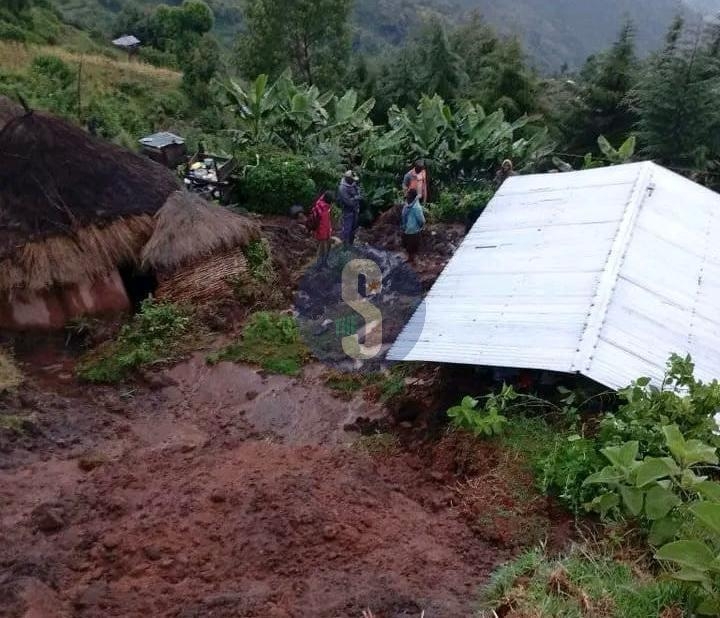That Kenya has fallen into China’s debt diplomacy is unfortunate.
The idea that such profound contracts and investments would be made without a robust public engagement or participation brings into question the role of Parliament in oversight of government. In light of this, the revelations of the gaps in the China-Kenya Standard Gauge Railway contract by the Sunday Nation, go further to suggest the agreement goes beyond economic interests of Kenya. Perhaps there could have been political interests at play noting the timing and context of the agreement. This cannot be ignored as Kenya’s legal and international trade experts disparage the terms and conditions of the contract.
There are good examples such as the US Congress’ role to hold President Donald Trump’s push to build a wall between his country and Mexico to enhance border security. That the government would end in a shutdown demonstrates the power and independence of the Congress and the opposition — the Democrats. Contrary to that, the diminishing independence Kenya’s Parliament has come to haunt the image and prestige of the country, as well as the day-to-day living of Wanjiku, having to pay more taxes to meet the negative balance of trade and debt brought by the China-Kenya agreement.
What then could be the immediate, medium-term and long-term stopgap measures out of the impending predicament?
As for the immediate period, an intense focus could go into the re-negotiation of the agreements and lobbying using political leverage of Kenya and at large through African countries (maybe as a political bloc being the African Union).
Second, the handshake eased political temperature, which means sober decisions can be tested at the Executive level, with a balanced position strengthened by the new talents and brains brought on board through the Building Bridges Initiative. Furthermore, the role of the Office of the African Union Special Representative for Infrastructure, held by Raila Odinga, and his good offices could come in handy to exercise political creativity on the China-Kenya infrastructure agreement in favour of Kenya and African countries.
The political influence of the office, though still young, has the potential to shake up China-Africa relations in infrastructure development.
As for the medium-term plan, Parliament departmental committees should be re-aligned to better oversight Kenya’s Economic Foreign Policy. In the Article “Why Parliament Departmental Committees should be aligned to Kenya’s Economic Foreign Policy” published by the Daily Nation, on April 12, last year, I opined and maintain that: “The effectiveness of the committee on Defense and Foreign Relations can be strengthened by realignment to meet the current needs of the Foreign Policy being, economic. The function of Defense could easily be merged with the current Administration and National Security Committee to form the departmental committee on Administration and National Security Strategy.
The function of Trade in the departmental committee on Finance, Planning and Trade could be transferred to the Foreign Relations committee for complete harmonisation of principals, focus and leadership. This will create the departmental committee of Foreign Affairs and International Trade.”
As for the long-term measure, there is a need to groom international trade negotiators and cognoscente in the young generation and junior government technocrats, across the continent, to avoid a recurrence or even worse forms of international treaties that put the sovereignty of the country at stake. It might seem that the gaps in the contract could lead the country into a national security issue if the sovereignty of Kenya, her properties, freedoms, prosperity are under a threat. As such, perhaps it is not too far to imagine the securitisation of government operations. If this is the case, in whose shoulders would the blame be on? In line with this, the state should actualise Kenya’s grand strategy as a guiding principle and reflection point of where the country is at, vis a vis where it is headed.
Furthermore, this should serve as a clarion call for Kenyans and Africans to augment their interest in the international political scene to observe trends from other continents, note the mistakes and to protect against future threats and/or similar situations.
Lastly, serious think tanks from Africa should delve into finding solutions and assist governments willing to accept help in navigating unpredictability of international politics.
Joel Okwemba
is MD of
Centre for International and Security Affairs, a
Nairobi-based think tank


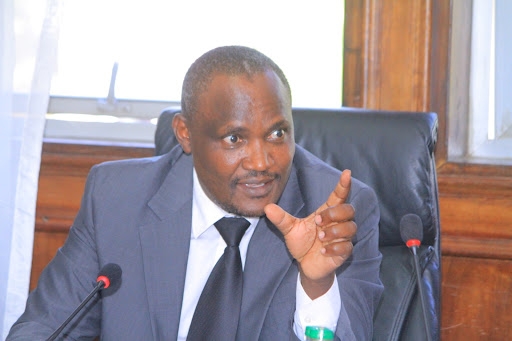


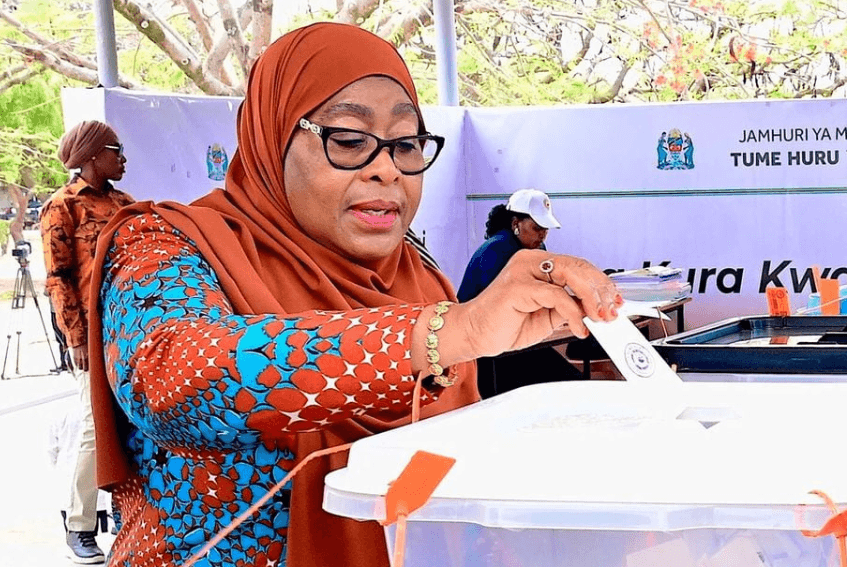
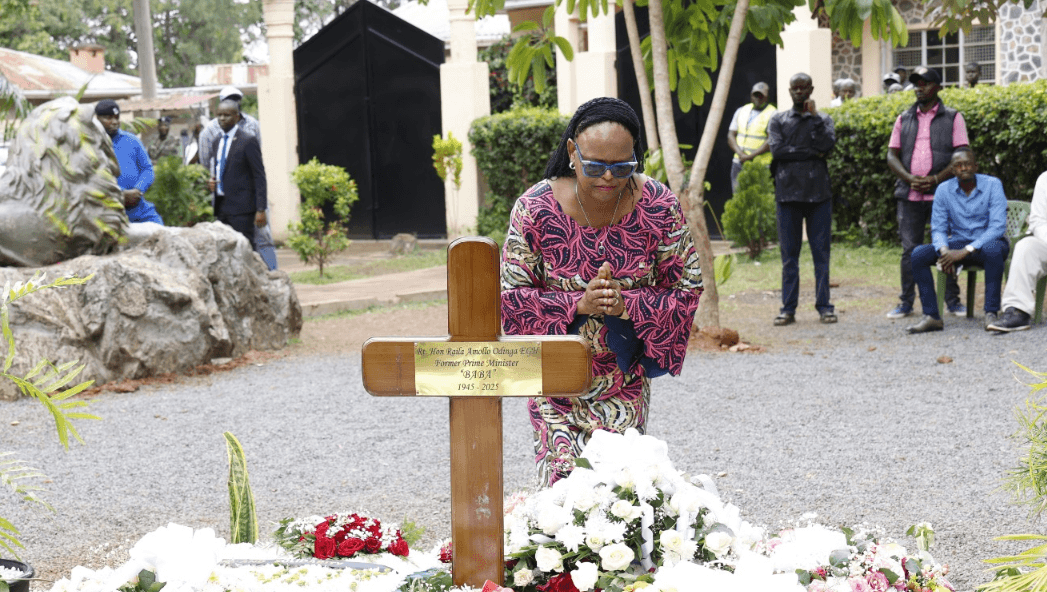
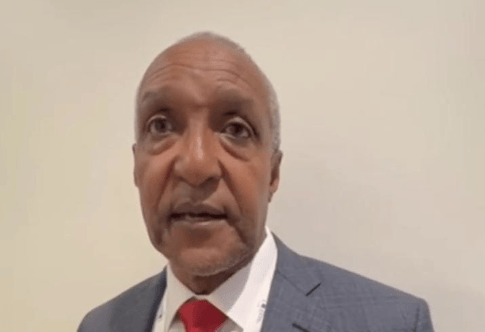


![[PHOTOS] Elgeyo Marakwet landslide victims arrive in Eldoret for care](/_next/image?url=https%3A%2F%2Fcdn.radioafrica.digital%2Fimage%2F2025%2F11%2F425460d9-7ff1-4975-8a1f-cd0aaefb7812.jpg&w=3840&q=100)
